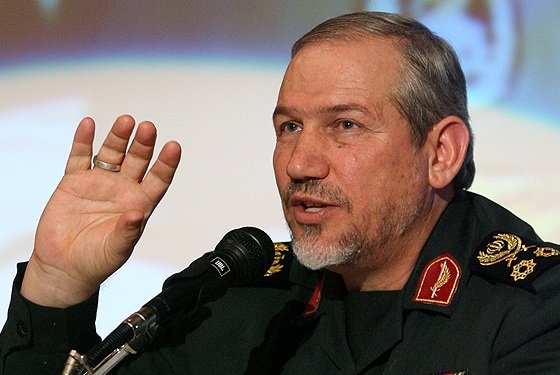Military advisor: Intelligence superiority allows leeway to ‘confront, interact, and compete’

TEHRAN – A top military advisor to the Leader said on Tuesday that intelligence superiority over neighbors leaves political and military decision makers with leeway to confront, interact, and compete just in case.
“We need to have intelligence superiority over neighboring countries so as for political and military leaders to adopt confrontational, interactive, and competitive policies,” said Major General Yahya Rahim Safavi.
With its strategically geographical position, Iran has faced instances of each. A direct confrontation with Iran is a contemporary instance.
It is due to this intelligence power that the country is shielded against terrorist blasts and sabotages. Earlier in June, the country’s Intelligence Ministry announced it had succeeded in dismantling a takfiri terrorist cell of 40 members in Tehran and some other cities.
It was one of the biggest terrorist threats ever foiled, Intelligence Minister Mahmoud Alavi had said.
To the former Islamic Revolutionary Guards Corps (IRGC) commander, intelligence clout is not just confined to battlefields and includes economy, culture, and politics as well.
“In reality, intelligence superiority means creating opportunities and prompt action to secure victory in various political, military, economic, and cultural areas, and less vulnerability to a wide range of threats.”
Also, it goes well beyond the national territory of Iran to regional and international scopes.
“Intelligence superiority occurs at three levels of national, regional, and international; and lack of sensitive intelligence at each level damages vital interests of a country irreparably,” Rahim Safavi stressed.
Ever since the conflict broke out in Syria in 2011 and later on in Iraq, with the emergence of Daesh, Iran has been particularly active in regional and international spheres, playing an advisory role in the countries.
This is while some regional countries, including archrival Saudi Arabia, have seen Tehran’s increasingly prominent role a threat to their sphere of influence.
AK/PA
Leave a Comment